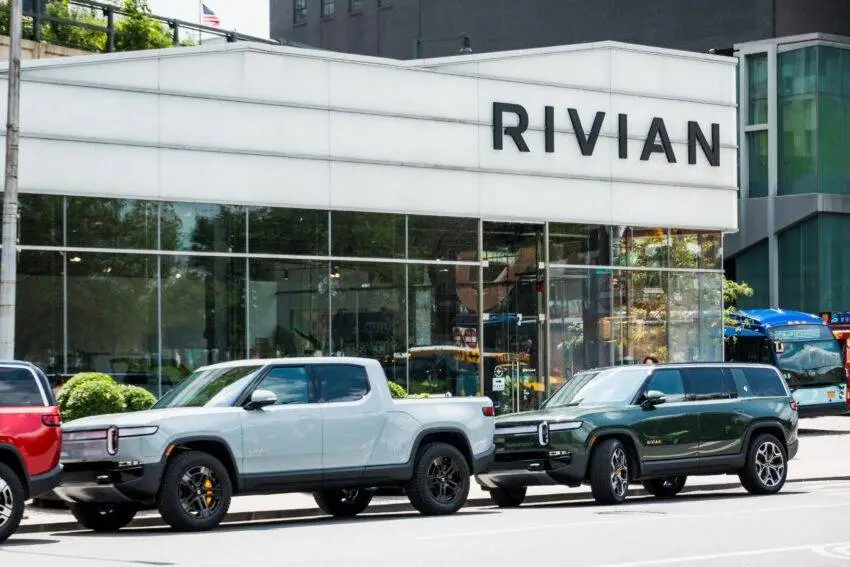Volkswagen has taken a bold step in the electric vehicle market.
The German automaker announced a $5 billion investment in Rivian, a company specialising in electric trucks and SUVs.
Volkswagen’s Strategic Investment
Volkswagen has announced a significant $5 billion investment in Rivian, a leading player in the electric vehicle (EV) market. This strategic partnership aims to bolster both companies’ positions amid the intensifying competition in the EV sector.
Initial Funding and Future Prospects
Initially, Volkswagen will inject $1 billion into Rivian. The remaining $4 billion will be allocated by 2026. This phased investment is a calculated move to ensure steady growth and stronger market presence.
Following the announcement, Rivian’s shares surged by nearly 50%, highlighting the investors’ confidence in this collaboration.
Rivian’s Background and Financial Performance
Founded in 2009, Rivian specializes in electric trucks and SUVs.
Despite its innovative products, Rivian has struggled to achieve quarterly profitability, suffering a net loss of over $1.4 billion in the first quarter of 2024.
The collaboration with Volkswagen is expected to provide much-needed financial stability and access to advanced technologies.
Technological Advancements and Integration
One of the major aspects of this partnership is Volkswagen’s access to Rivian’s advanced software.
Volkswagen plans to integrate this software into its own vehicles, enhancing its technological edge.
This integration is crucial for Volkswagen as it faces increasing competition from Chinese EV manufacturers who are rapidly expanding their global footprint.
Geopolitical and Trade Concerns
The timing of this partnership is interesting, considering recent trade tensions.
Western countries, including the US and Canada, plan to increase tariffs on Chinese EV imports, a move that could reshape the global EV market.
Similarly, the European Union is contemplating raising tariffs on Chinese EV imports by up to 38%, following claims of unfair subsidies to Chinese companies.
Market Response and Competitive Landscape
In response to the partnership news, the market has shown optimism about the future of Rivian and Volkswagen.
However, the competition remains fierce, with Tesla announcing a recall of over 11,000 Cybertrucks in the US, just as Rivian and Volkswagen make headlines.
These developments reflect the dynamic nature of the EV market, where technological innovation and strategic partnerships are key to success.
Conclusion
The VW and Rivian partnership represents a significant step in the evolution of the electric vehicle market. This collaboration not only strengthens their market positions but also paves the way for further innovations and advancements in EV technology.
The collaboration highlights the growing importance of strategic partnerships in the EV industry.
With new technologies and increasing competition, such alliances are crucial for future success.

